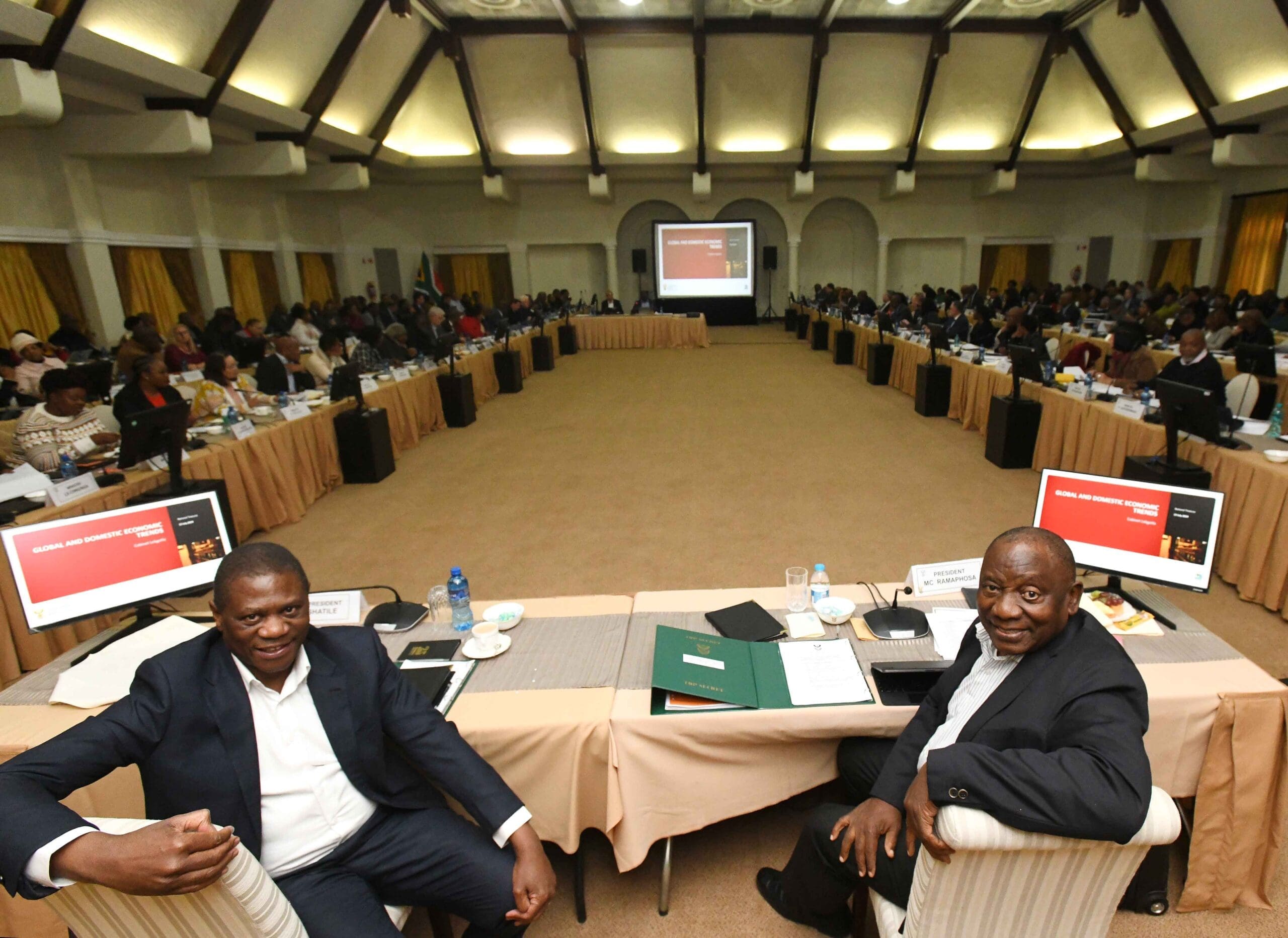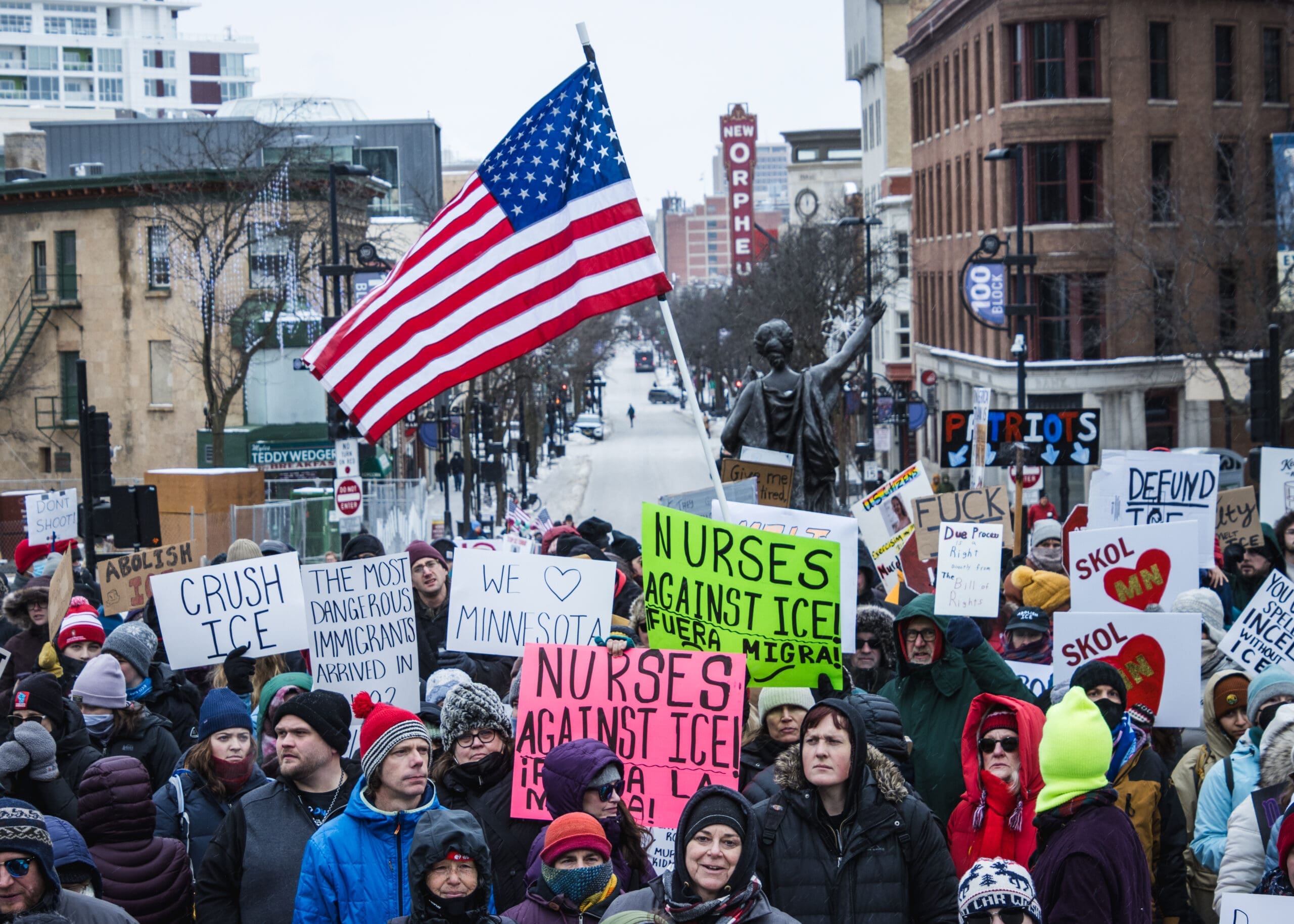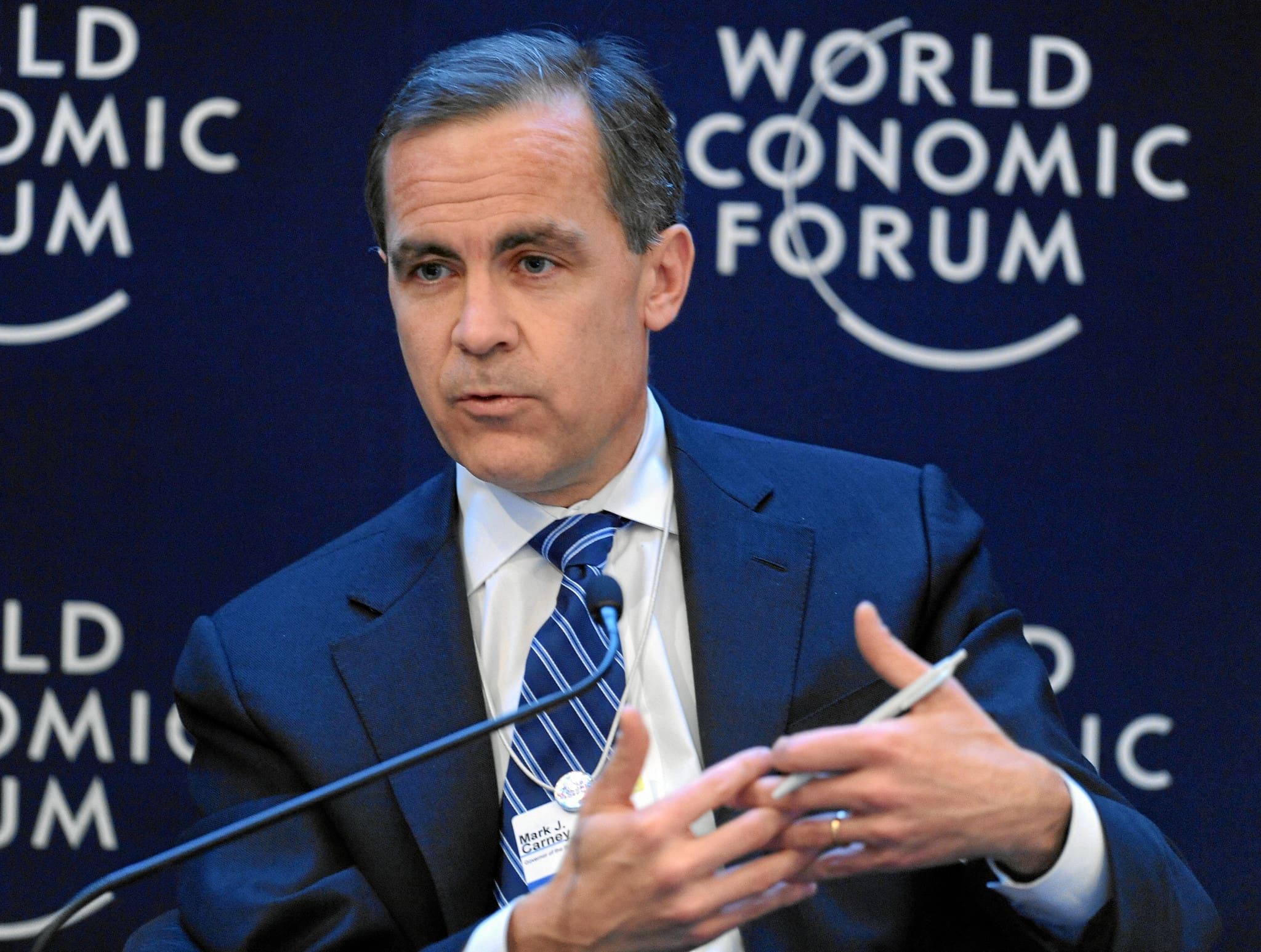Voting in last year’s election was a labour of love for me. It was the first election held since my mother’s death, and I had to travel home to Soshanguve from Centurion to vote because I didn’t make the Section 24A form deadline. I had also lost my ID a few weeks earlier, so the day before the election, I spent the whole day at Home Affairs getting a temporary ID. I mention my mother’s passing because on election day, we would walk to and from the polls together, ever since I started voting in 2009. This was the first time I would have to make that walk alone. This election felt incredibly personal.
As I had a vested interest in the 2024 general election and as I am a journalist, I closely followed the developments over the next couple of hours. From the Independent Electoral Commission of South Africa’s results dashboard crashing to former President Jacob Zuma’s surprise arrival at the Results Operations Centre, I watched it all and panicked through it.
Then, on 30 June 2025, President Cyril Ramaphosa announced the formation of a Government of National Unity (GNU). In his statement, the president announced that his party, the African National Congress (ANC), and nine other political parties would form the GNU. For me, this was a great new step for Mzansi. I was four years old when the first democratic elections were held in ‘94, so I didn’t really witness the first GNU, formed by Nelson Mandela. I was also too young when this first GNU collapsed due to the National Party (NP) withdrawing from it, citing “exclusion of joint-decision making from the final constitution, the NP’s lack of influence on government policy and political bias at the Truth and Reconciliation Commission.
While the collapse of that first united government didn’t shake things up too much for South Africa, I worry when GNU 2.0 squabbles and fights with one another, particularly the ANC and the Democratic Alliance (DA), who are constantly at each other’s throats.
Despite this, there is proof that GNU 2.0 is working for South Africa. Don’t believe me? Let’s unpack some of the numbers from the formation of GNU 2.0 to date.
🔹Our financial markets have largely responded well to GNU 2.0 since its formation. Investor confidence has grown, which is helping to lower borrowing costs and also boosting bond performance. While, naturally, the political squabbles make investors nervous, the bottom line is that markets like a stable GNU.
🔹The GNU has made South Africans more positive about democracy. This is according to an Afrobarometer report published in May 2025, which found that before going to the polls last year, only 14% of South Africans said that the country was going in the right direction. Fast forward to a year later, and this increased to 39%. The research network says that comparison of individual respondents’ attitudes across their two surveys indicates that 35% of the population became more positive in their outlook, while 10% became more negative. Look at the GNU making us smile.
🔹In May 2025, credit ratings agency S&P left South Africa’s debt ratings unchanged, “with a positive outlook”, citing GNU stability. What this essentially means is that they’re seeing higher-than-expected potential for growth, should GNU 2.0 hold. This signals to investors that we’re fast becoming a safer economic environment.
So the reason I worry is that, unlike the first time, there would be real repercussions to losing GNU 2.0. This isn’t me pandering or being alarmist; it’s the facts. The markets and credit ratings agencies love GNU 2.0.
So that’s why whenever there’s drama in the GNU, like the recent drama with Ramaphosa firing deputy minister and DA member Andrew Whitfield or his party retaliating by withdrawing from the planned National Dialogue and pressing charges against Minister of Higher Education and Training Nobuhle Nkabane, I worry. I need all the parties involved to start acting better, not just for me but for the future of Mzansi.
Voting in last year’s election was a labour of love for me. It reminded me of the privilege we have as South Africans to be still able to vote. It reminded me of my dear mother, who had voted in every election since the dawn of democracy, until her death. The formation of the GNU made me feel like all the struggles I had endured before and after the election had been worth it. I finally had a government I believed in. It would devastate me if all this crumbles because the ANC and the DA refuse to work together because of pride. Do better, GNU 2.0.
Tshego is a writer and law student from Pretoria. A keen follower of social media trends, his interests include high fantasy media, politics, science, talk radio, reading and listening to music.
He is also probably one of the only people left who still play Pokemon Go.




